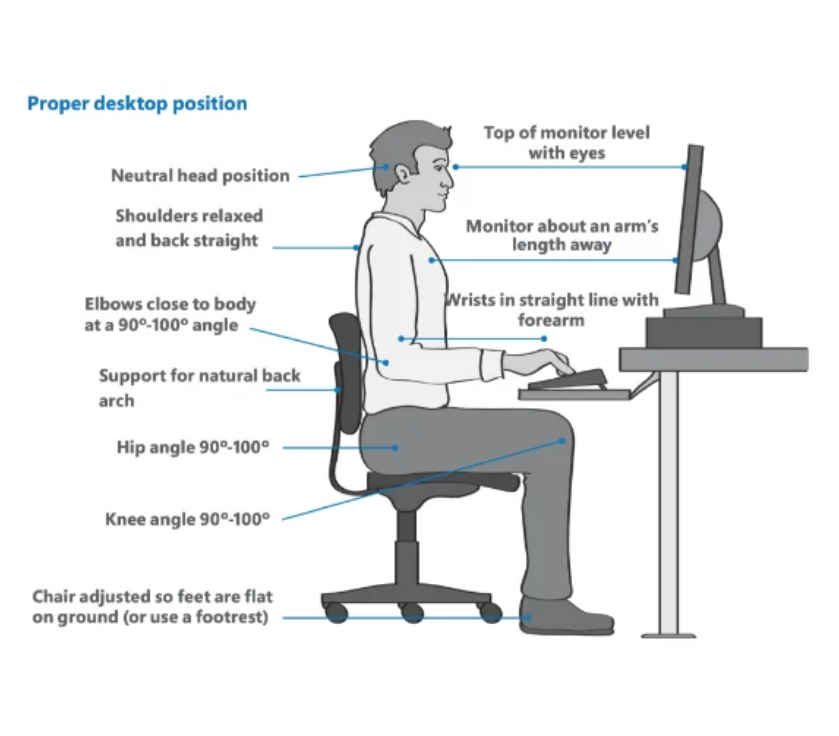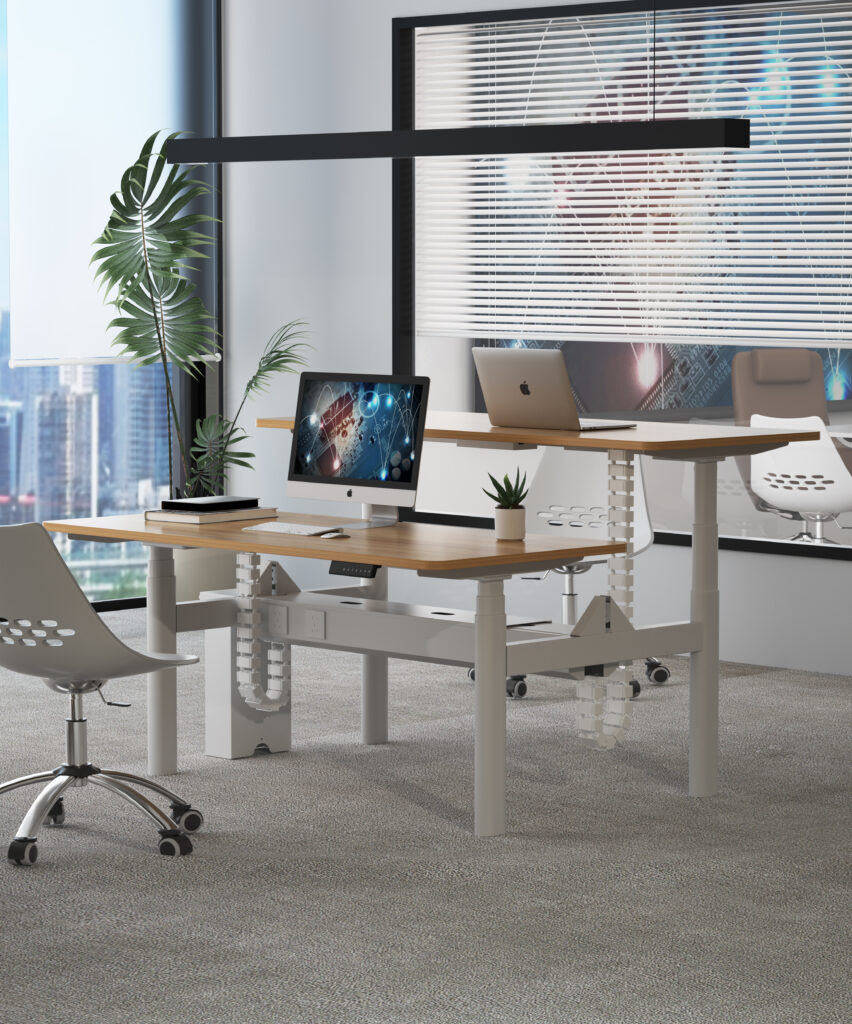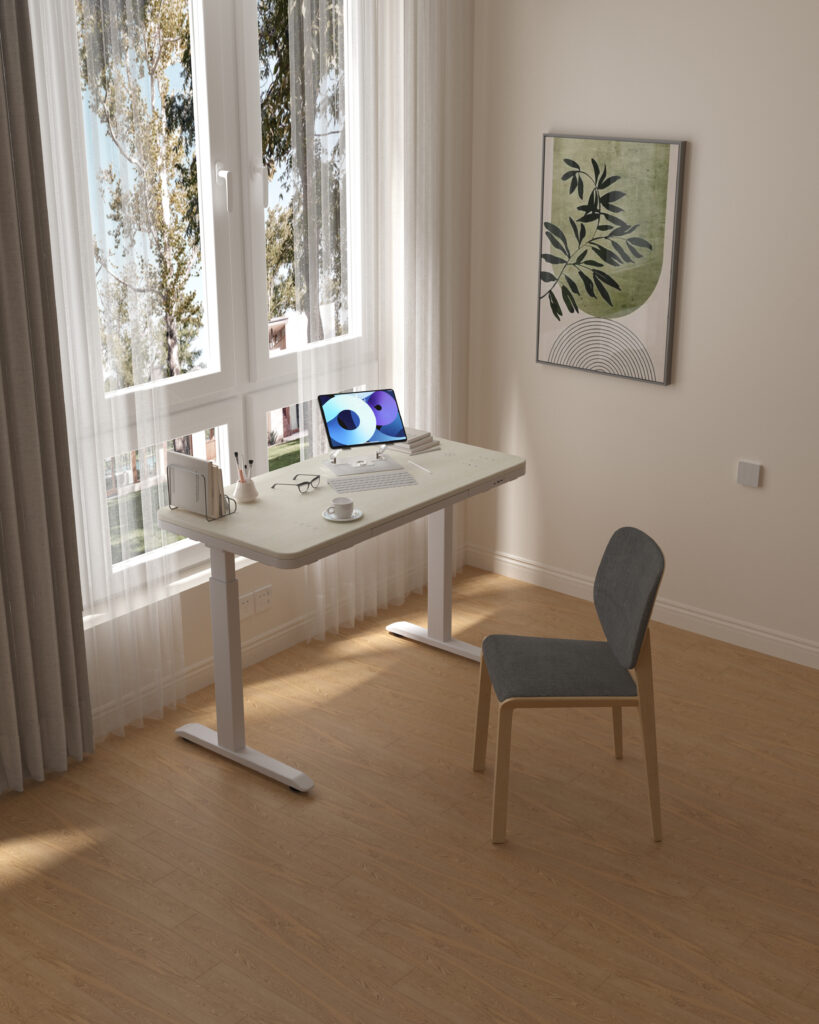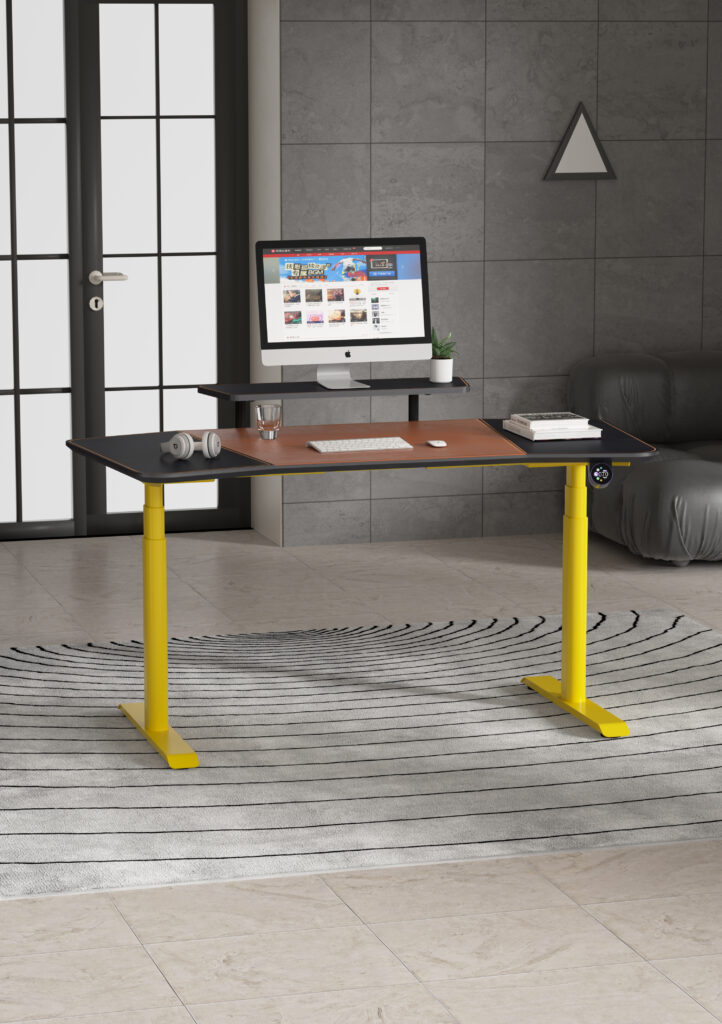In today’s rapidly developing and ever-changing work environment, the role of technology extends far beyond gadgets and software. It plays a crucial role in shaping how we work, ensuring that our workspaces are not only efficient but also conducive to our health and well-being. The advent of ergonomic office furniture is a prime example, transforming workplaces into hubs of health, comfort, and productivity.
Enhancing Health and Productivity
Ergonomic office furniture, such as Standing desks and ergonomic chairs, represents a significant technological advancement aimed at improving the work environment. These products are meticulously designed to promote better posture, reduce strain, and enhance comfort. By addressing the physical demands of various work tasks, ergonomic furniture helps reduce work-related injuries and improve overall productivity.
Standing desks are particularly notable for their versatility and health benefits. These desks allow users to switch between sitting and standing positions throughout the day. This flexibility is crucial in combating the adverse effects of prolonged sitting, which include increased risks of cardiovascular diseases, obesity, and musculoskeletal disorders. By incorporating movement into the workday, height-adjustable desks help maintain better circulation, reduce fatigue, and promote a more active lifestyle.

Adapting to Different Office Scenarios
Not all office environments are the same, and neither are the ergonomic solutions required for them. Different office scenarios demand varying types of desks and chairs to optimize productivity and comfort. For instance, a collaborative workspace might benefit from flexible, mobile furniture that can be easily reconfigured to suit team activities. In contrast, a private office may require more personalized, stationary ergonomic solutions tailored to individual needs.
For home offices, where space might be limited, compact ergonomic desks and chairs are essential without sacrificing comfort or functionality. These products need to blend seamlessly with home decor while providing the necessary support for prolonged periods of work.


The Future of Ergonomics
The future of ergonomic office furniture lies in technology and customization. With advancements in materials and design, ergonomic products are becoming more adaptable and user-friendly. Smart desks equipped with sensors can now remind users to change positions and provide data on their sitting and standing habits. Chairs with memory settings can automatically adjust to the user’s preferred posture, providing consistent support every time they sit down.
In conclusion, technology is indeed infusing our work environments with a lifeline through ergonomic office furniture. With continuous innovation and personalized design, we can look forward to more intelligent and efficient work environments. Embracing these advancements will help us achieve healthier, more productive, and happier work lives in the future.

